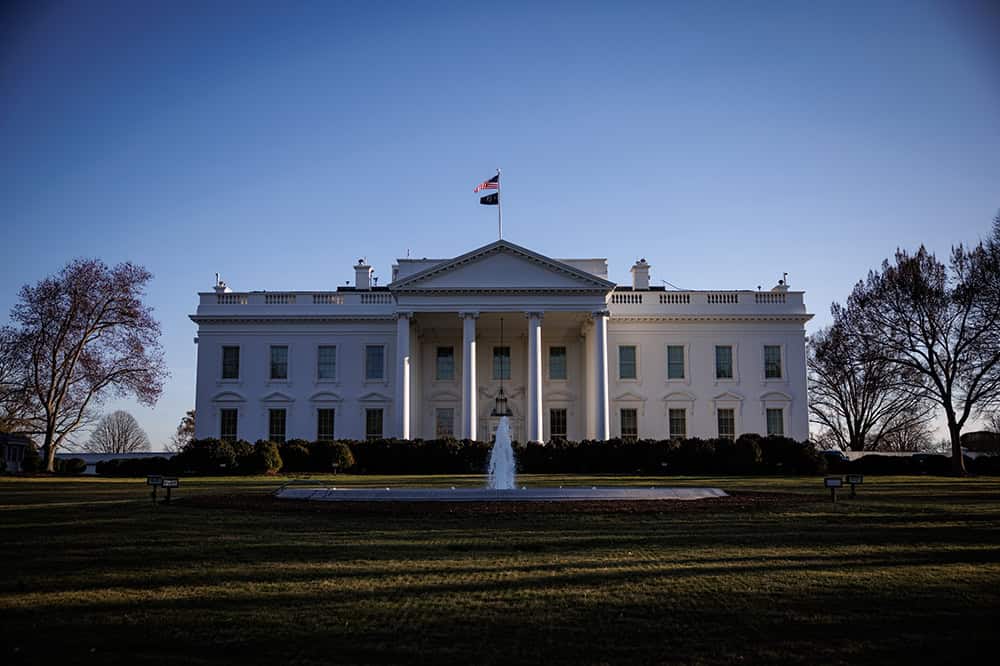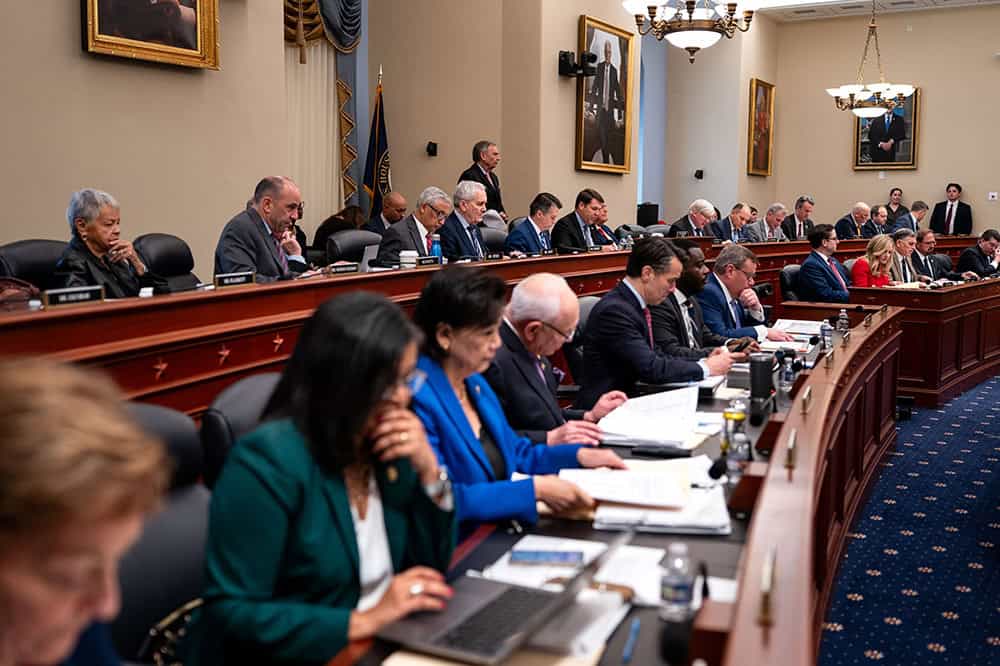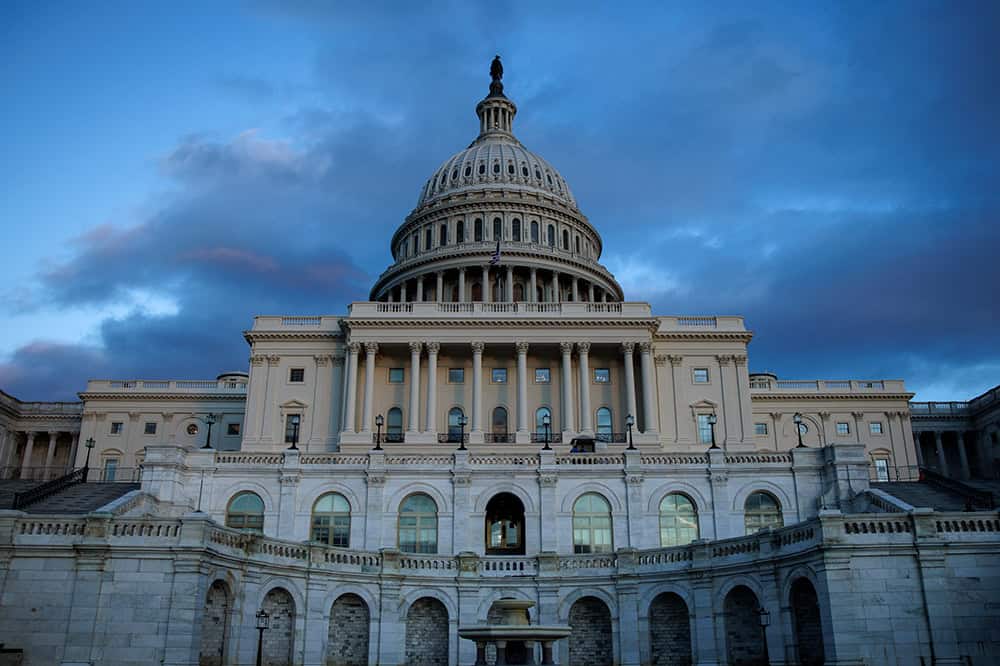Peterson Foundation Statement on $30 Trillion National Debt Milestone

NEW YORK — Michael A. Peterson, CEO of the Peter G. Peterson Foundation, commented today as the United States surpasses $30 trillion in outstanding debt. Peterson said:
“The milestone of $30 trillion in debt should be a giant red flag for all of us about America’s future economic health, generational equity, and role in the world. Our high and rising debt makes us less prepared for the next pandemic, less secure against future adversaries, less resilient to the changing climate, and less able to build the strong and inclusive economy that we all want for the next generation.
“How we got here is a long story of repeated chapters of fiscal irresponsibility on both sides of the aisle. Leaders in Washington have made imprudent decisions over decades, time and again choosing a favorite new tax cut or spending program above our collective future. On our current trajectory, interest will soon become our fastest growing ‘program,’ and will rise to eat up nearly 50 cents of every tax dollar collected in 2050. It’s not only unsustainable, it’s a moral failure that will harm our children and grandchildren.
“As we hopefully and gratefully emerge from the pandemic, our leaders should work to end this cycle.
“We are already staring down the barrel at $13 trillion additional debt over the next decade, and a staggering $30 trillion more in the ten years after that. With this much rapidly growing red ink already on auto-pilot, we can’t afford any new installments of fiscally irresponsible programs or tax cuts that are not paid for. Even more critically, we must finally begin to address the permanent, structural imbalances between spending and revenues that prior lawmakers have built into the foundation of our budget. Medicare and Social Security, critical programs that support our most vulnerable, will deplete their trust funds in just 4 and 12 years, respectively. Every year we procrastinate just adds more risk to those in need, and places a greater burden on the backs of our kids.
“The good news is that the budget is entirely within our control. America’s success over hundreds of years is based on a forward-thinking ethos, with leaders showing a moral determination and commitment to leaving a future that is brighter than the past. Putting the nation on a strong and sustainable fiscal path will help build a broad-based economic future that enables the hopeful aspirations of the next generation.”
# # #
Download image of debt eclipsing $30 trillion for editorial use here.
Further Reading
Can a Rescissions Package Help Lawmakers Formalize DOGE Cuts?
There has recently been significant discussion surrounding spending cuts proposed by the Department of Government Efficiency (DOGE), including questions about how and whether cuts identified…
Full Array of Republican Tax Cuts Could Add $9 Trillion to the National Debt
Fully extending the TCJA would cost approximately $5.0 trillion, while other elements of the Republican tax agenda also have large price tags over ten years.
Long-Term Budget Outlook Leaves No Room for Costly Legislation
As lawmakers consider costly legislation to extend expiring tax provisions this year, CBO’s latest projections serve as a warning that our fiscal outlook is already dangerously unsustainable.


